Much like what we witnessed at the end of 2024, I suspect there will be several other major attractions, yet to be announced, that will not see the light of day when their parks open in 2026.
Typically, in an industry that depends on constant growth to add new attractions, something old has to be removed.
These lost attractions may be closed due to age, declining popularity, or because new parts become difficult or impossible to source, making them hard to keep around.
However, in the years following the pandemic, which led to several mergers, some rides are being retired as part of cost-cutting measures to appease investors seeking improved earnings and stock prices.
Closed attractions in 2025
So with all that in mind, let's go over the list of attractions that we know have been lost this year so far.
Postman Pat Parcel Post at Alton Towers (UK)
Looking to add a new popular attraction IP to the park’s CBeebies Land for 2026, a new family coaster themed to the popular Bluey cartoon dog character, came at the cost of removing the park’s popular Postman Pat-themed tracked car ride.
 Postman Pat Parcel Post
Postman Pat Parcel Post
Plans to demolish the old ride were first submitted in early 2025, and the attraction closed for good in early June 2025.
Five rides at Blackpool Pleasure Beach (UK)
In a surprise move, the park announced in early 2025 that five attractions would be closed and removed just ahead of the 2025 season.
The list includes the Convoy (2002 - Tracked Car Ride), Alpine Rallye (1961 - Tracked Car Ride), the Thompson Carousel (1977), Gallopers (another Carousel) and the Red Arrows Skyforce (2025 - Gerstlauer Sky Fly). The announcement said that it was removing some of its “smaller, less popular rides”.
 Blackpool Pleasure Beach
Blackpool Pleasure Beach
It is worth noting that the Convoy, Alpine Rallye, and Thompson Carousel attractions are not only located next to each other but also in the same general area as the Grand Prix attraction, which was closed in 2024, freeing up a large plot of land for potential future development.
Flying Machine at Busch Gardens Williamsburg (Virginia, USA)
In a move that was disappointing to many, Busch Gardens announced the retirement of the park’s Flying Machine ride from the park’s quaint Da Vinci’s Gardens area.
This well-groomed, landscaped area of the park was home to a small number of interesting, well-themed, popular family flat rides for many years.
Unfortunately, the removal of the Flying Machine (a Tivoli Orbiter) this year followed the removal of the park’s Da Vinci’s Cradle in 2022 (a Zierer Flying Carpet), which essentially leaves the area with one remaining main attraction, the Battering Ram (Intamin Bounty).
See also: Busch Gardens parks adding new family coaster and immersive realm
Desperado at Buffalo Bills Hotel & Casino (Nevada, USA)
Technically, the rides here closed in 2019, but with the official permanent closure of the Buffalo Bills hotel and casino just outside Las Vegas, hopes that the once world-famous Desperado roller coaster (1994 Arrow Hypercoaster) would ever run again were squashed.
Even when Buffalo Bills closed the coaster along with the nearby log flume and a few other rides, the casino confirmed that it kept the coaster in running condition, sending it on monthly test runs for years in hopes of someday reopening it.
Time Warp at Canada’s Wonderland (Ontario, Canada)
Likely a victim of cost-cutting following the merger of Six Flags and Cedar Fair, the park opted to close and remove its Time Warp roller coaster, a rare Zamperla Volare-style flying coaster.
 Time Warp
Time Warp
The ride actually started at the park during the Paramount Parks era, where it was given a Tomb Raider theme when it first opened in 2004. From what I can tell, the removal of Time Warp leaves only one other operating coaster of this type in all of North America at Coney Island’s Luna Park in New York.
See also: Canada's Wonderland shares first ride-through video of AlpenFury coaster
Nighthawk at Carowinds (North Carolina, USA)
Another victim of cost-saving initiatives following the merger of Six Flags and Cedar Fair, Carowinds announced in early 2025 that Nighthawk (the original Vekoma Flying Coaster prototype) was permanently closed and would not reopen for the 2025 season.
Unfortunately, this took place after the ride was already closed for the season, giving the ride’s fans no chance to gather for a “last ride” style event.
 Nighthawk
Nighthawk
Nighthawk had a fascinating history, opening as Vekoma’s prototype Flying coaster at Paramount’s Great America in 2000 as “Stealth” before being relocated to Carowinds in 2004 as the Star Trek-themed “Borg Assimilator”.
When Cedar Fair bought the Paramount chain and dropped all the expensive IPs, the coaster was simply renamed “Nighthawk”.
The Claw at Dreamworld (Australia)
Dreamworld announced that the park was closing and removing the park’s popular swinging pendulum flat ride, The Claw, in early 2025. The good news is that it already planned to replace it with a bigger, meaner version by the end of 2025, to be known as King Claw.

The new ride has already been fully installed, and guests are just waiting for an opening-day announcement.
Kikkerachtbaan at Duinrell (Netherlands)
Duinrell confirmed that the park’s frog-themed Kikkerachtbaan (1985) kiddie coaster needed to retire after 40 years of operation.
The good news is that an all-new “Kikkerachtbaan 2.0” coaster has already been ordered from Zierer and should be up and running for the 2026 season, likely with a new name.
Euro-Mir at Europa-Park (Germany)
In a shocking announcement, Europa-Park announced a few weeks ago that it was going to retire one of the park’s most unique roller coasters, the Mack Rides spinning coaster experience known as Euro-Mir, which first opened in 1997.
Themed after the Russian space program, the coaster is also known for its very catchy little techno soundtrack that plays nonstop as riders spiral up the lengthy indoor lift hill, which lasts over 2 minutes at the start of the ride.
The exact closing date has not been set, but demolition of Euro-Mir is expected to begin by the end of the year, with a new roller coaster planned to replace it by 2028, themed to the European Space Agency.
Tidal Wave at Jenkinson’s Boardwalk (New Jersey, USA)
The New Jersey boardwalk park confirmed that the spinning family coaster, Tidal Wave (2019, SBF-Visa Group), was closing for good in September 2025.
Boo Blasters on Boo Hill at Kings Island (Ohio, USA)
Kings Island began dropping hints late in the summer season that something interesting would be happening with its Boo Blasters dark ride, which first opened in 2010.
 Concept art for new Phantom Theater ride
Concept art for new Phantom Theater ride
Previously, the classic omni-mover style dark ride featured a Scooby Doo and the Haunted Castle theme at the park under the Paramount Parks era (2003-2009), but it was the ride’s original self-made IP as the Phantom Theater that ran from 1992 to 2002 that the park’s guests longed for.
When Kings Island announced Boo Blasters was closing, they feared the worst, until it was revealed that the Phantom and friends were returning as Phantom Theater: Opening Nightmare for the 2026 season.
La Spirale at La Ronde (Québec, Canada)
After closing the iconic La Spirale observation tower (Willy Bühler / Von Roll) in 2018 to address mechanical issues, only to be hit by the pandemic, the attraction never reopened.
Unfortunately, this seems to be yet another victim of Six Flags' budget cuts, as the chain confirmed that the landmark tower would now be dismantled. The observation tower was first built for the 1967 Expo and has remained as a landmark in the Quebec skyline ever since.
The long-term closure, combined with the unavailability of spare parts, created a situation where the cost of restoration was estimated at “tens of millions of dollars,” making it a financial obstacle too great to overcome.
Jet Star II at Lagoon (Utah, USA)
After a lengthy run, Lagoon confirmed last month that the classic Schwarzkopf-made Jet Star II roller coaster would be retired after running at the park for 49 years.
The final day of operation was 9 November 2025.
Arkansas Twister at Magic Springs (Arkansas, USA)
Magic Springs stunned everyone in March 2025 when it announced it was retiring its wooden coaster, the Arkansas Twister, which ran from 2000 to 2024. It was built in 1992 and ran until 1995, before the park closed entirely from 1996 to 1999. It was then refurbished and reopened in 2000.
Perhaps the most annoying thing, however, is that while the coaster is officially “permanently closed” according to the park, it has also confirmed there are no plans to remove it.
According to the website, “The coaster will remain in the park for the foreseeable future with no plans for removal, but it will be non-operational.”
Given the lack of any real investment in the rest of the park over the past decade, it makes me wonder how much more time the rest of Magic Springs has before it, too, may be forced to close.
Several waterslides at Six Flags Fiesta Texas (Texas, USA)
The popular Texas theme park has already closed and demolished two waterpark attractions for the 2025 season: Big Bender and Whirlpool.
This continues a trend: Fiesta Texas also closed two more slides in 2024, Paradise Plunge and Typhoon Twister, which suggests something new may be coming to the waterpark in the next year or two.
Full park closures
Dixie Landin’ (Louisiana, USA)
The small Dixie Landin’ amusement park in Baton Rouge, Louisiana, struggled greatly during the pandemic. The owners often chose to operate the Blue Bayou Waterpark next door instead due to staffing issues, leaving the amusement park closed from 2020 through 2024.
After finally announcing that the amusement park would reopen for the 2025 season, it was only open from 24 May through 1 June before it was announced that Dixie Landin’ was closing forever.
Marineland (Ontario, Canada)
Marineland has been in the news for all the wrong reasons for many years, the subject of countless stories about poor living conditions for the animals at the marine life park.
 Marineland Canada
Marineland Canada
While the park was rumored not to open at all in 2024, it did manage to open; it did so only as an animal park and kept all the rides closed, including the park’s classic Dragon Mountain roller coaster (1983 Arrow Looper).
In early 2025, it was confirmed that the park had closed for good and was now looking to sell off all remaining rides and animals to new homes before selling the land to developers.
Miami Seaquarium (Florida, USA)
The 38-acre marine park first opened way back in 1955 and has been under increasing scrutiny over the years from marine animal activists.
 Miami Seaquarium
Miami Seaquarium
After 70 years of operations, the Miami Seaquarium closed down forever on 12 October 2025.
Oakwood (UK)
In what is becoming something of a disturbing trend in the industry, Aspro Parks, the owners of the Oakwood Theme Park in Wales, confirmed earlier this year that the park would close permanently and not open for the 2025 season.
 Megafobia
Megafobia
This is even more disheartening after the park completed a rather epic restoration of its Megafobia wooden coaster for 2023, which reopened to rave reviews and featured Gravity Group’s new vertically oriented engineered pre-cut track.
Six Flags America (Maryland, USA)
On 1 May 2025, Six Flags dropped a bombshell announcement that shook the industry to its core. Out of nowhere, the company confirmed that the 2025 season would be the last season for Six Flags America.
The entire amusement park and water park closed for good at the end of the 2025 season, with the last day of operation on Sunday 2 November.
The move was especially surprising, as the park had begun to add new capital attractions in the past couple of seasons, including opening the new RipQurl Blaster waterslide and an entirely new themed land (Steamtown) for the 2024 season, after being ignored since before the pandemic.
 Six Flags America
Six Flags America
Too little, too late, I guess, as the 500-acre site is now closed, in the process of being cleared out, with the goal of selling the site to developers.
ZDT Amusement Park (Texas, USA)
The owners of the small ZDT Amusement Park in Seguin, Texas, were apparently ready to retire and unable to find someone willing to buy the entire park that they had built.
ZDT then closed down for good in August, including the park’s unique wooden shuttle coaster, the Switchback (2015) from Gravity Group. Part of the former ZDT will live on, however, as the indoor portion of the attraction was purchased to become a new indoor attraction called Jungle Jam Xtreme.
Unfortunately, the outdoor portion of the old park and its attractions were all put up for sale on the used-ride market.
Attractions closures at Disney parks in 2025
Space Mountain and Buzz Lightyear at Tokyo Disneyland (Japan)
While this technically happened in the latter half of 2024, the closure of two major attractions within the park’s Tomorrowland is sure to have a significant impact on operations for the next few seasons.
 Tokyo Disneyland plans for Space Mountain
Tokyo Disneyland plans for Space Mountain
The good news is that the Oriental Land Company has already confirmed that an all-new next-generation Space Mountain is under construction and set to open in 2027, and that the Buzz Lightyear attraction that closed in late 2024 will be replaced by a new attraction themed to Wreck-It-Ralph, opening in 2026.
Three major attractions at Walt Disney World: Disney’s Animal Kingdom (Florida, USA)
As part of a plan to transform the current Dinoland USA area of the park into a new Tropical Americas-themed land, Disney closed the Triceratop Spin flat ride in January 2025 and will close the Dinosaur dark ride forever on 1 February 2026.
The Dinosaur ride will be transformed into a new Indiana Jones-themed dark ride experience, not unlike the ones at Disneyland and Tokyo DisneySea, and an all-new attraction themed to the animated film Encanto will also be added.
Look for the first phase of this new land to likely open in 2027.
 It’s Tough to be a Bug Image courtesy of Disney
It’s Tough to be a Bug Image courtesy of Disney
Meanwhile, the It’s Tough to be a Bug 4D theater attraction within the park’s central Tree of Life icon structure closed for good in Spring 2025 and has just reopened as the new Zootopia: Better Zoogether! 4D attraction earlier this month.
MuppetVision & Rock ‘n Roller Coaster at Walt Disney World: Hollywood Studios (Florida, USA)
Disney made a few surprise announcements earlier this year.
It confirmed plans to close the beloved MuppetVision 4D theater attraction for good to transform and expand the entire Muppet themed section of the park into a new land themed to the Monsters Inc. film series, complete with an inverted Monsters Inc. themed Door Coaster, themed somewhat to the finale of the first film.
MuppetVision closed for good in June 2025, and construction is already underway.

The other Muppet themed twist to this story is that the Mouse House confirmed that the park’s Rock ‘n Roller Coaster Starring Aerosmith would soon also go under the knife, dropping Aerosmith entirely, allowing the entire attraction to be rethemed, allowing the Muppets to move in and take it over.
The exact date has not been announced, but Disney says that the current version of the coaster featuring Aerosmith will close for good very early in 2026 and reopen with the new Muppets theme in “mid 2026”.
Rivers of America/Tom Sawyer’s Island at Walt Disney World: Magic Kingdom (Florida, USA)
In a move that caused a bit of anger with many old-time Disney theme park fans, the company announced that it was closing Tom Sawyer’s Island, the rafts that took you there, and removing the entire Rivers of America/Liberty Belle paddle steamer attraction that surrounds the island for good in July 2025.
The construction walls are up, the river has been drained, and excavation equipment is already hard at work clearing and levelling the area for what lies ahead over the next several years.
The first phase of the plan will be to replace the missing Island with a new Piston Peak land themed to the Cars animated film series from Pixar, which will feature a couple of new attractions, including an all-new off-road racing attraction.
The project will also open access to undeveloped property behind it, where it has confirmed plans to build a new land themed to the Disney Villains in the future.
Attractions closures at Universal parks in 2025
Hollywood Rip Ride Rockit at Universal Studios Florida (Florida, USA)
The custom roller coaster from Maurer that first opened at the park in 2009 featured a unique layout but also suffered from several issues over the years.
 Hollywood Rip Ride Rockit
Hollywood Rip Ride Rockit
This included a rougher-than-expected ride experience, resulting in low guest satisfaction scores, as well as a tendency to “valley” due to the ride’s placement, which runs between large soundstage-style buildings.
Combine this with the occasional guest lawsuit involving the attraction experience, and Universal decided enough was enough, announcing that the coaster would close for good at the end of the Summer in 2025 to make way for something new.
While we don’t know precisely what to expect, it appears to be a new roller coaster experience, as construction on the new attraction is already well underway.
Other rides at risk
That’s the end of the list as I know it right now, but as I mentioned, a few other rides are likely at risk, including a few from Six Flags parks.
The Rampage wooden coaster at Alabama Adventure closed in 2023, citing the need for extensive work before it could reopen. A plan in 2024 to replace troublesome track sections with hybrid-style track and reopen in 2025 did not proceed. The coaster's future status is unknown.
The rides and classic coasters at Lakemont Park in Pennsylvania remain closed, putting them at risk of never reopening. In 2024, the park announced that it would not open any of its rides, including the classic Leap the Dips side-friction wooden coaster (1902) and the 1987 Skyliner wooden coaster.
At this time, it does not look like the group hired to manage the park for the county has any intention of repairing or reopening any of the attractions.
Six Flags confirmed in fall 2025 that the 2027 season would likely be the last for the California’s Great America theme park. Some expect we could see attractions close or disappear starting in 2026, as the park begins winding down its operations.



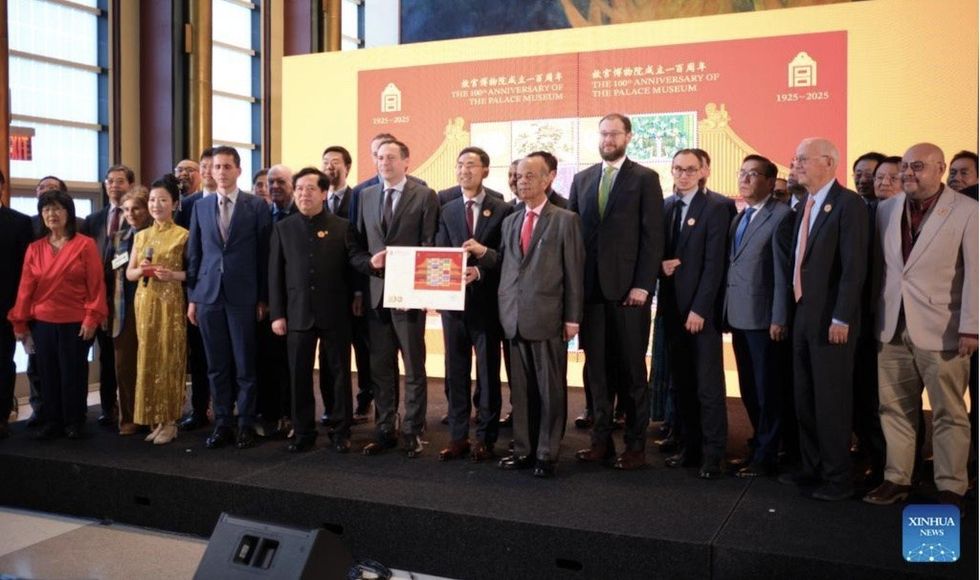 Guests display a commemorative UN stamp sheet marking the 100th anniversary of the Palace Museum at the UN headquarters in New York, May 2025 (Xinhua)
Guests display a commemorative UN stamp sheet marking the 100th anniversary of the Palace Museum at the UN headquarters in New York, May 2025 (Xinhua)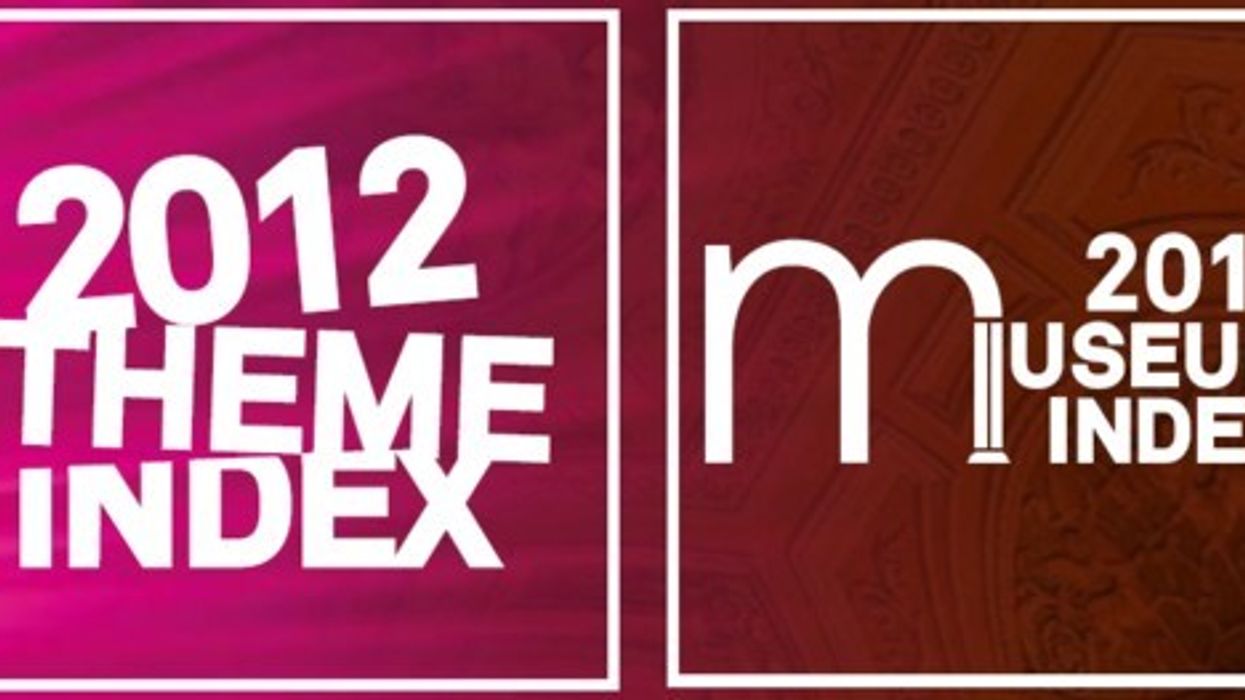

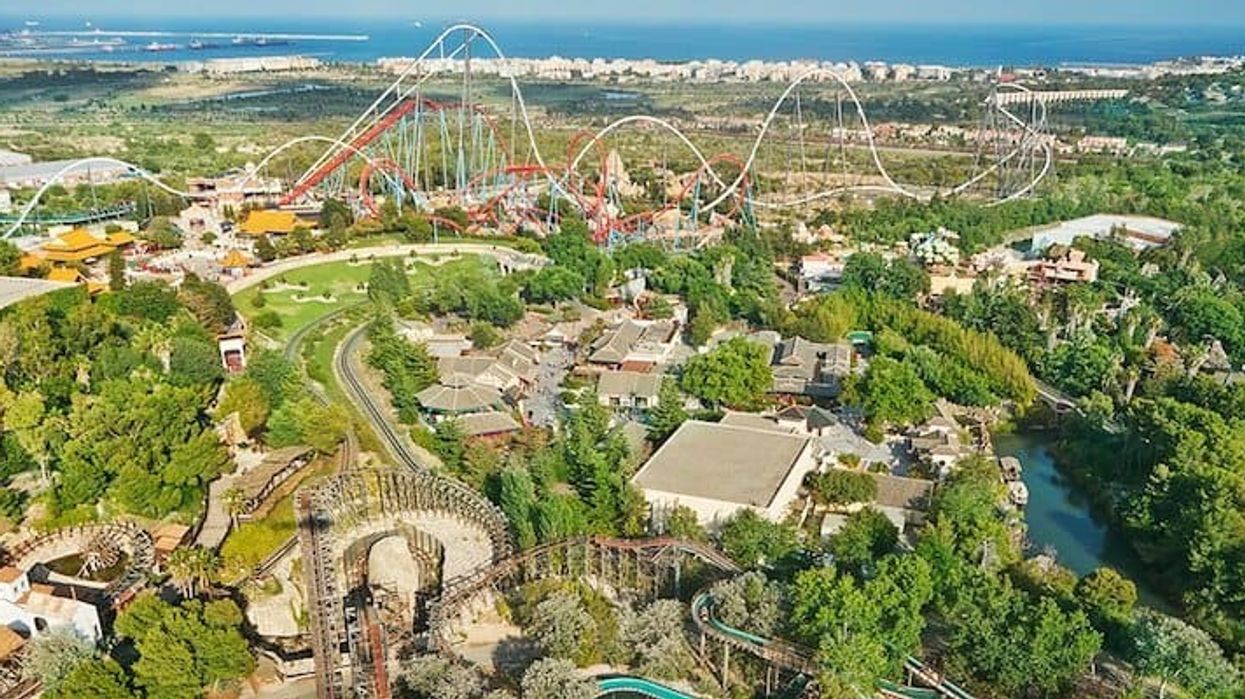
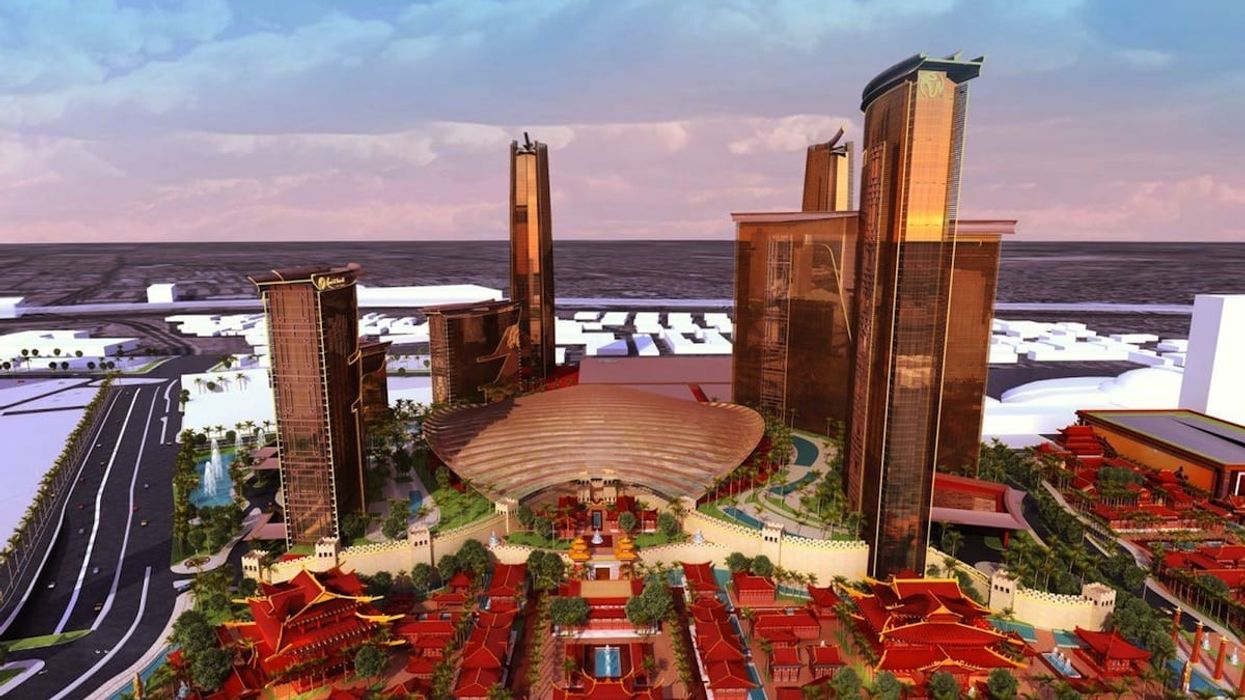




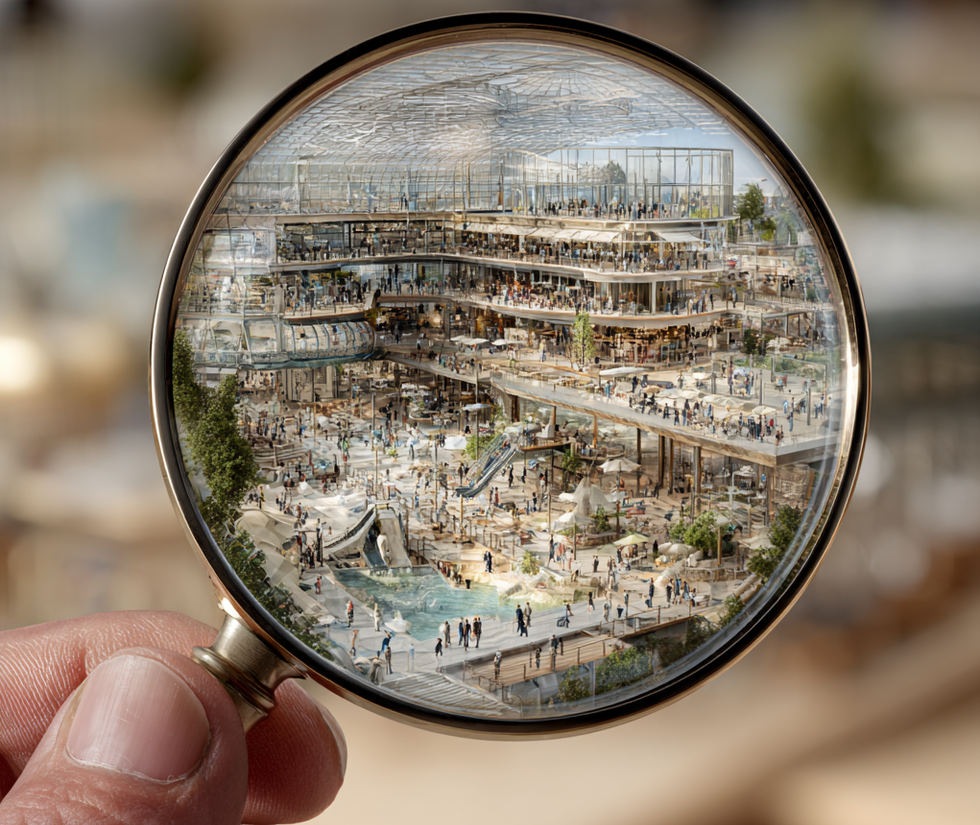
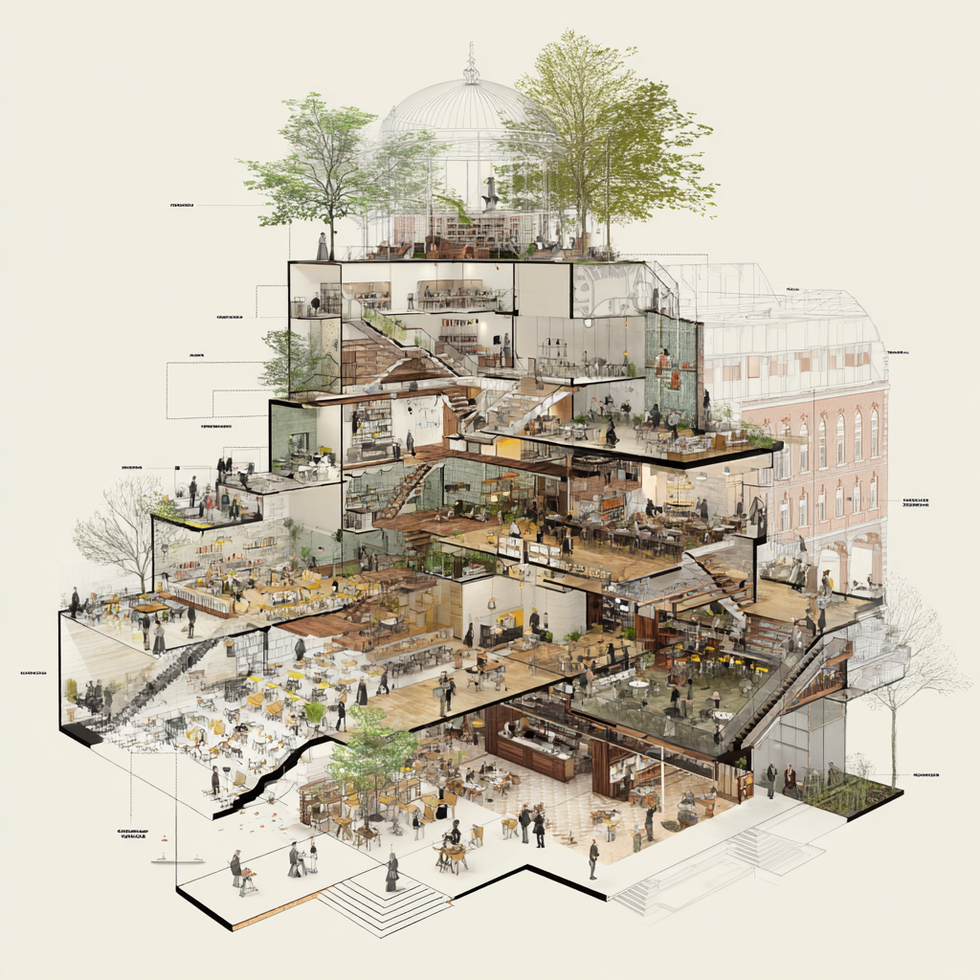


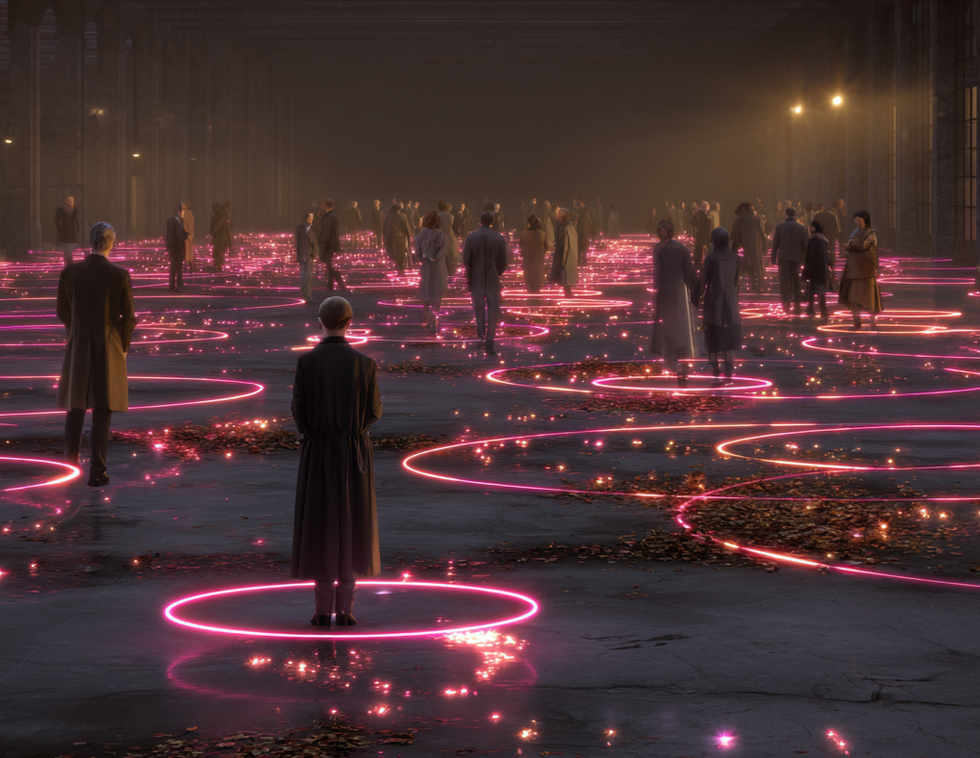

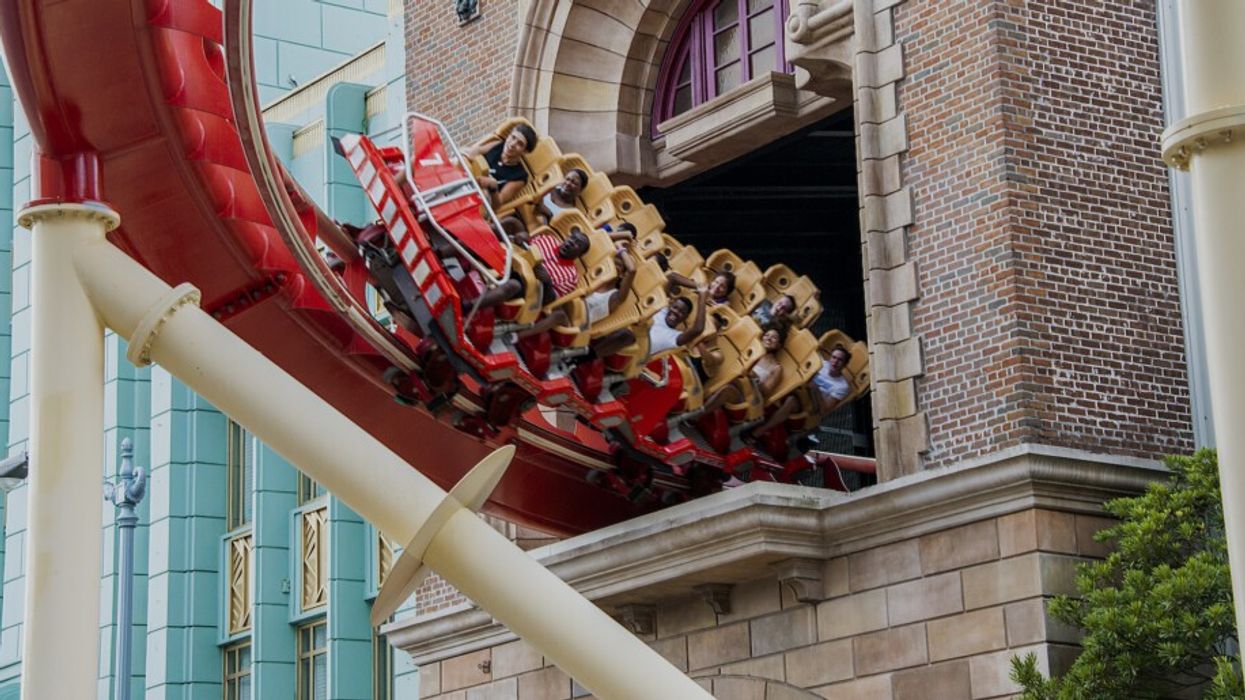
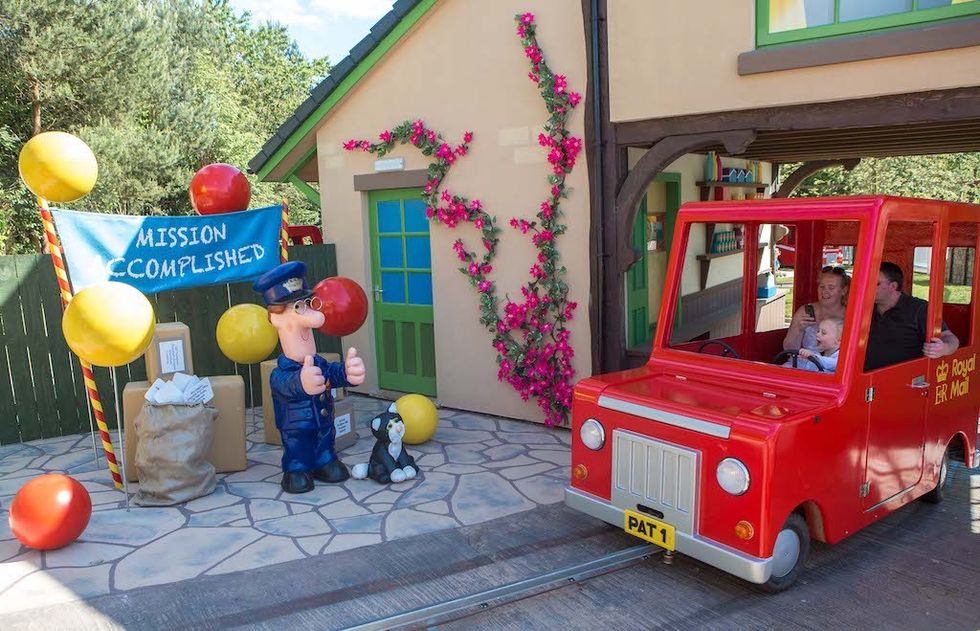 Postman Pat Parcel Post
Postman Pat Parcel Post  Blackpool Pleasure Beach
Blackpool Pleasure Beach  Time Warp
Time Warp 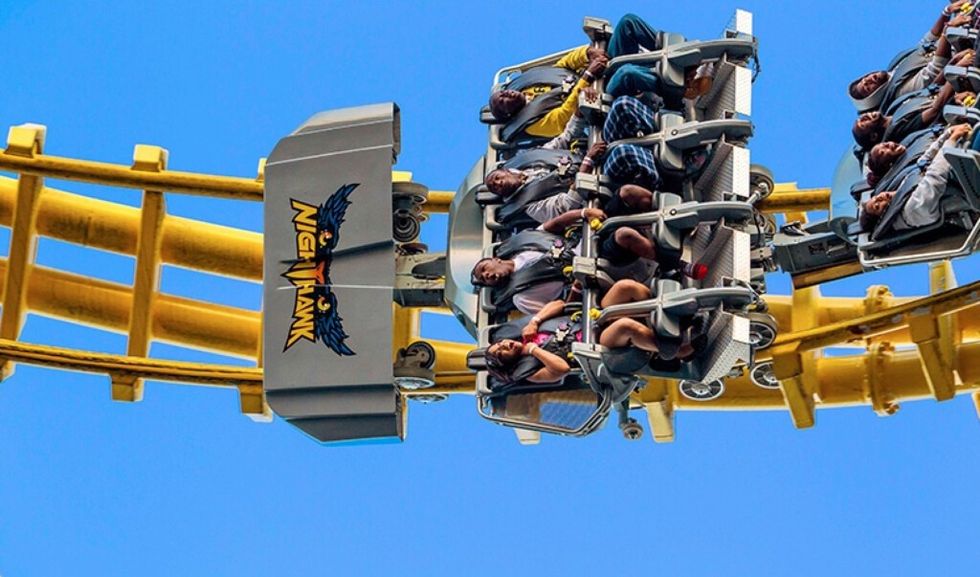 Nighthawk
Nighthawk 
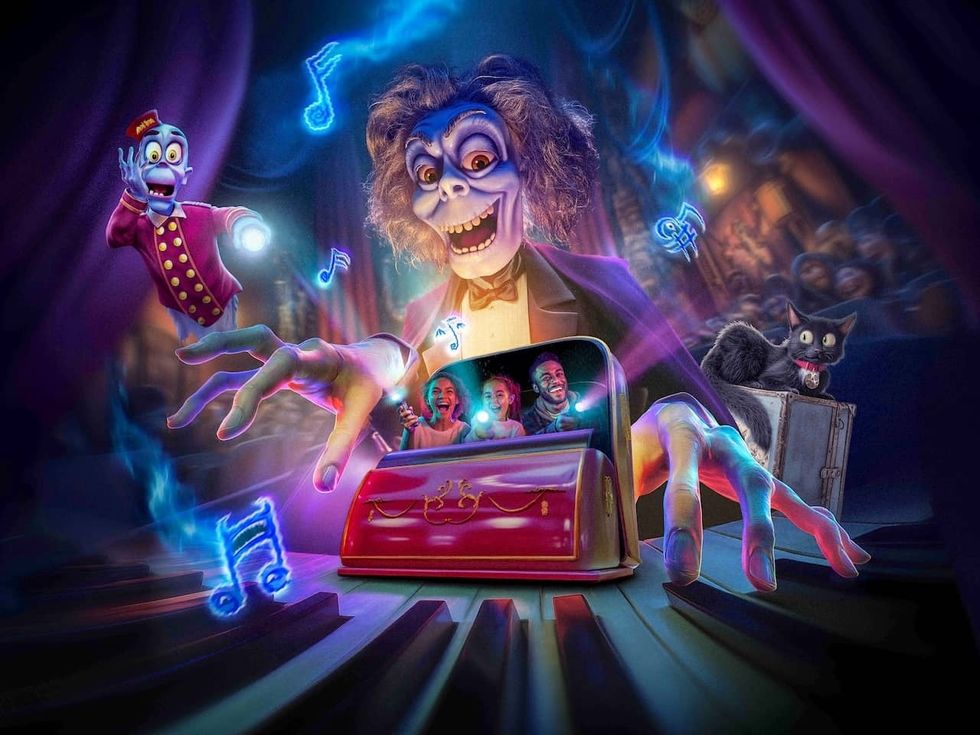 Concept art for new Phantom Theater ride
Concept art for new Phantom Theater ride  Marineland Canada
Marineland Canada 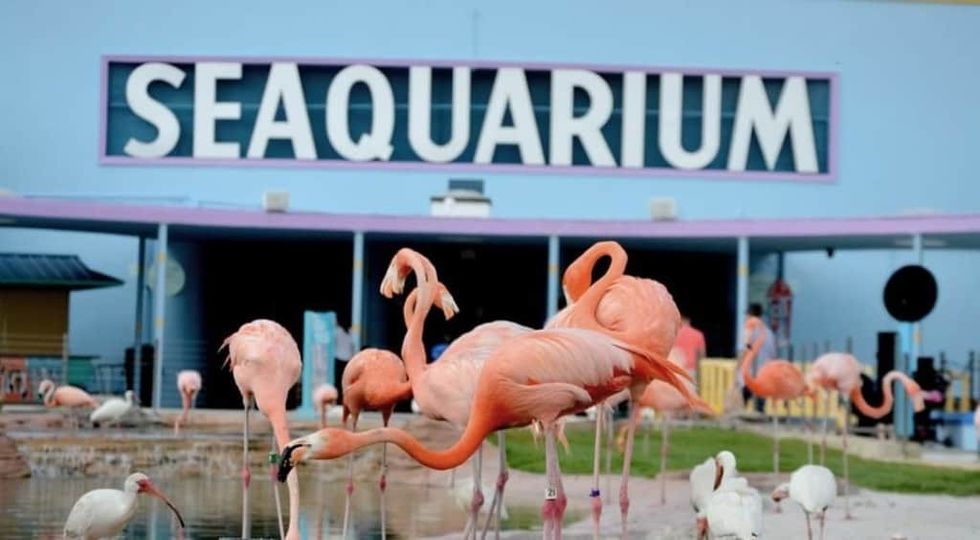 Miami Seaquarium
Miami Seaquarium 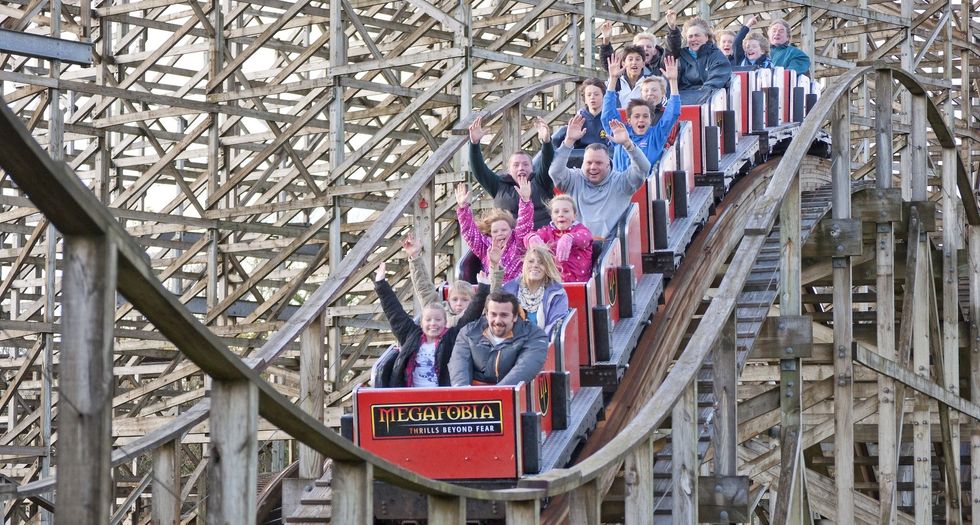 Megafobia
Megafobia 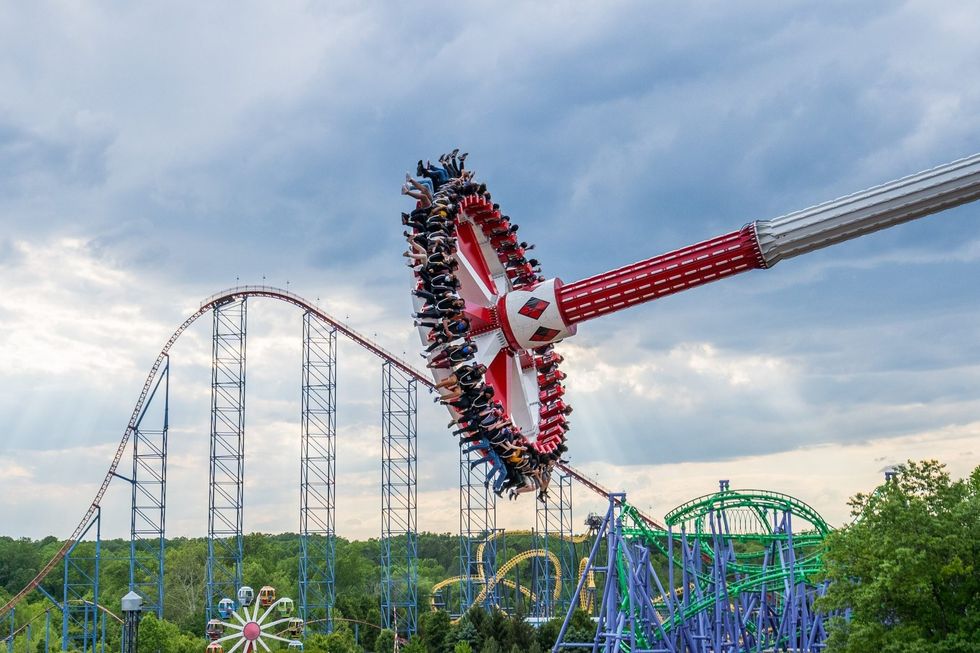 Six Flags America
Six Flags America 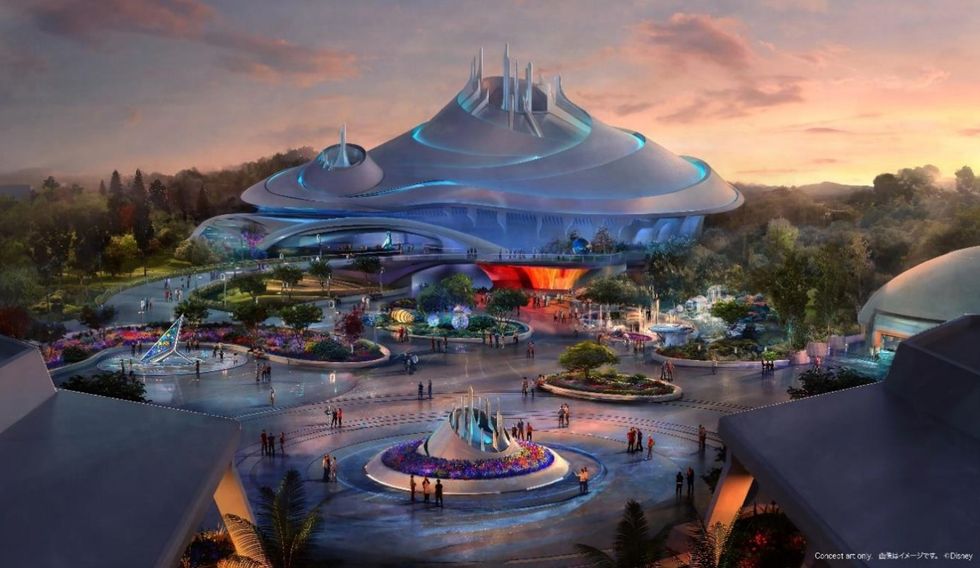 Tokyo Disneyland plans for Space Mountain
Tokyo Disneyland plans for Space Mountain 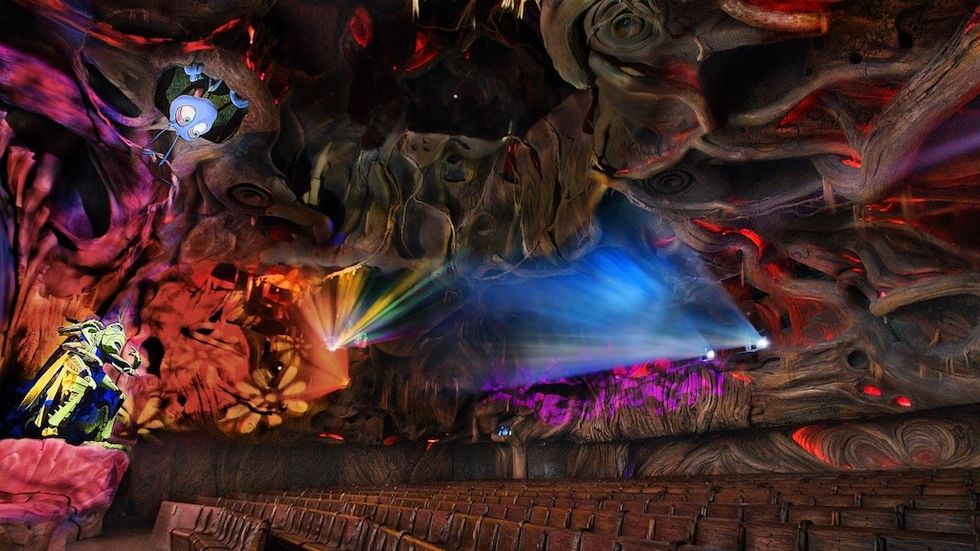 It’s Tough to be a Bug Image courtesy of Disney
It’s Tough to be a Bug Image courtesy of Disney 
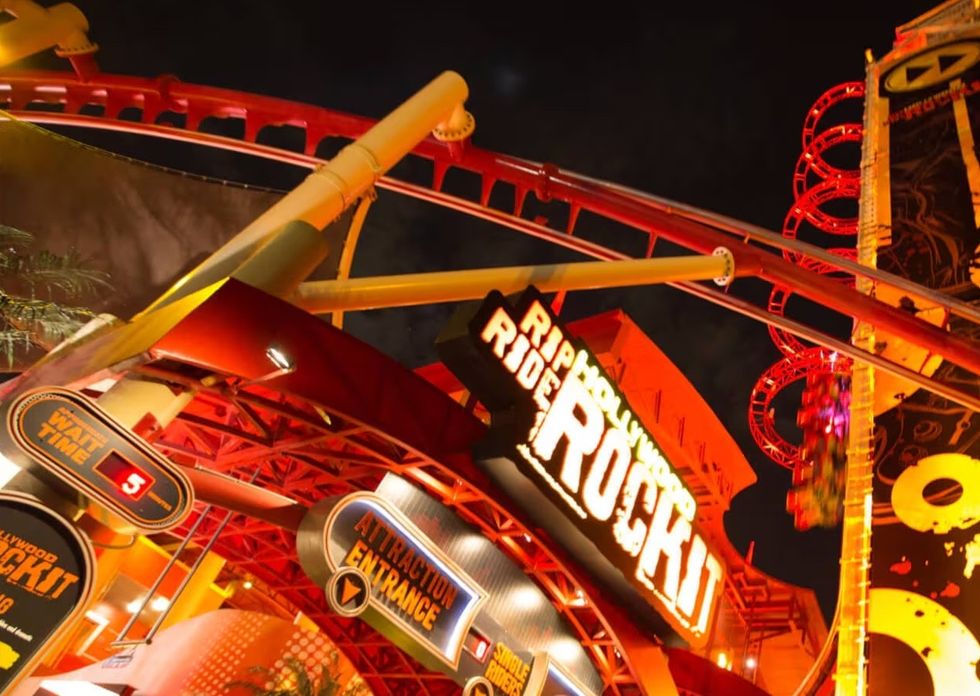 Hollywood Rip Ride Rockit
Hollywood Rip Ride Rockit 



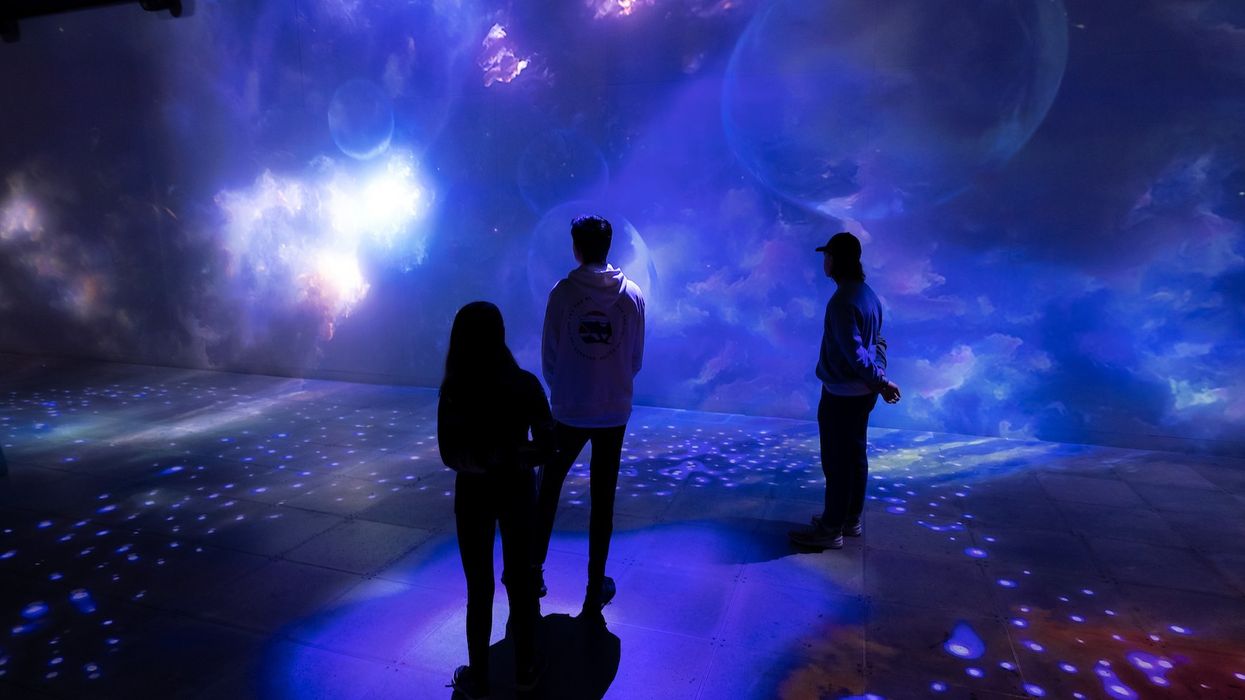
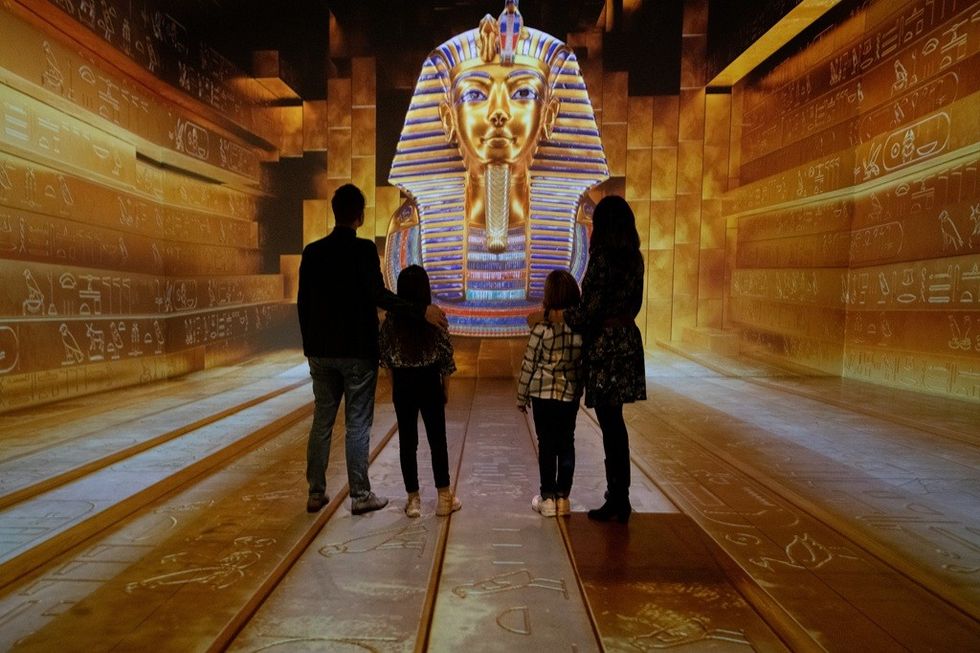 Tutankhamun: The Immersive Exhibition
Tutankhamun: The Immersive Exhibition 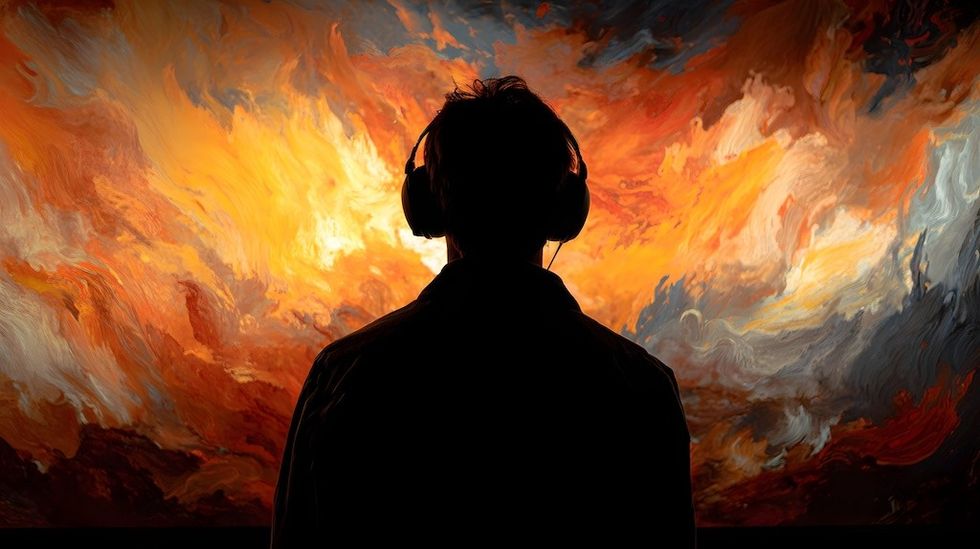
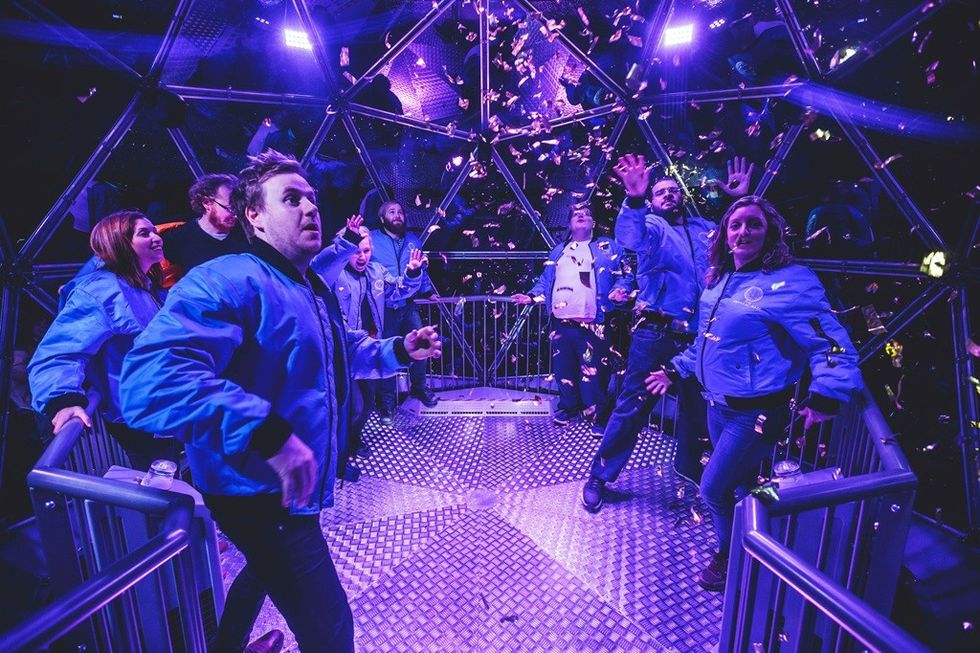 Crystal Maze: The Live Experience
Crystal Maze: The Live Experience 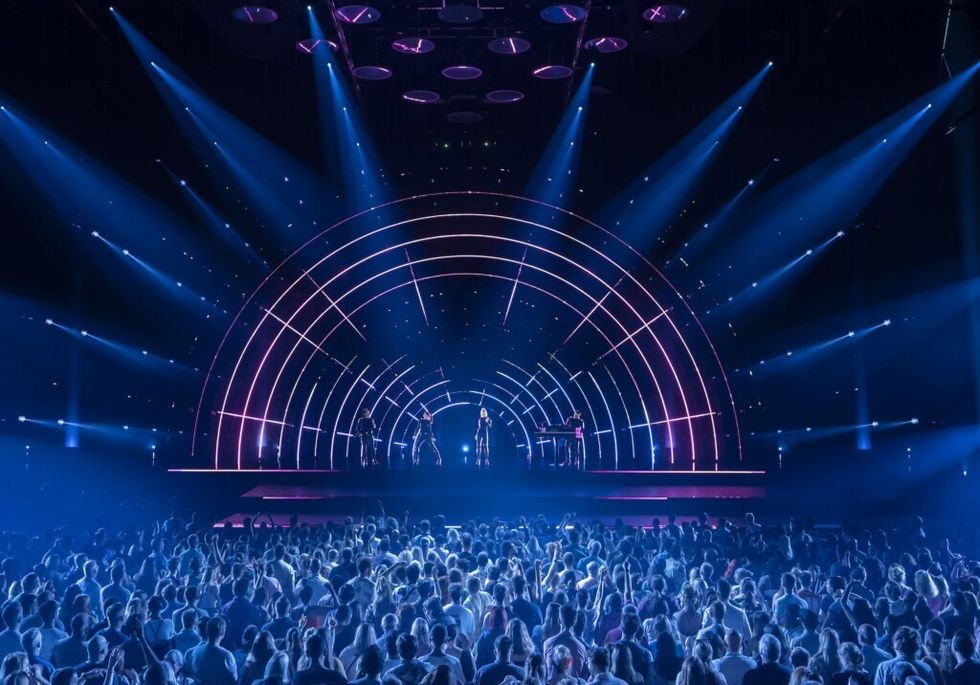 ABBA Voyage Johan Persson
ABBA Voyage Johan Persson  Meow Wolf's The Real Unreal
Meow Wolf's The Real Unreal